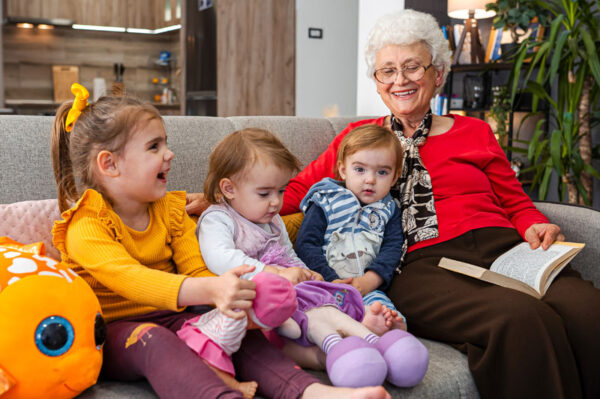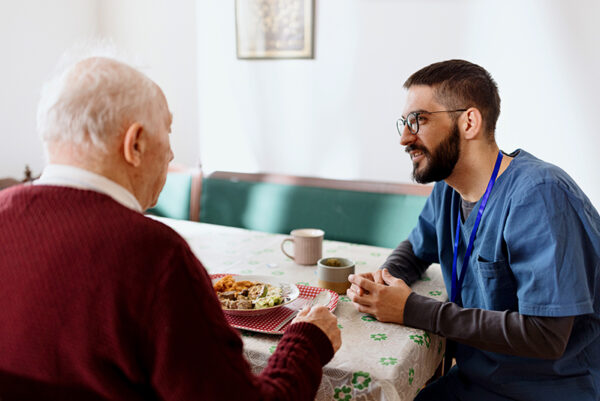Creating Purpose: The Significance of Meaningful Activities for Seniors
What is it that gets you out of bed each morning? If you’re a member of the sandwich generation, providing care for both older and younger loved ones, your list is probably quite long! As the nest empties, however, it becomes vital to redefine our identity and learn new ways to bring meaning to each…





